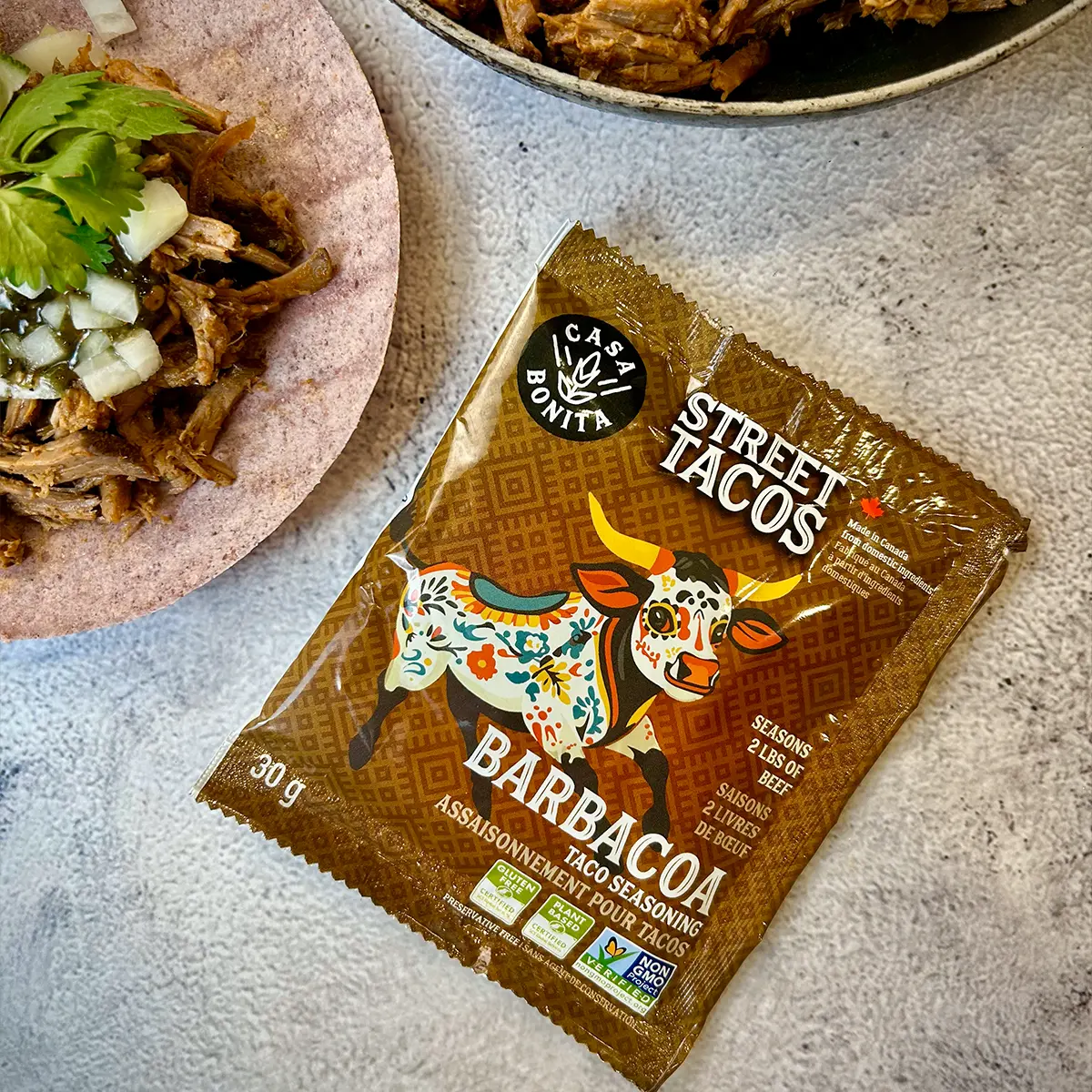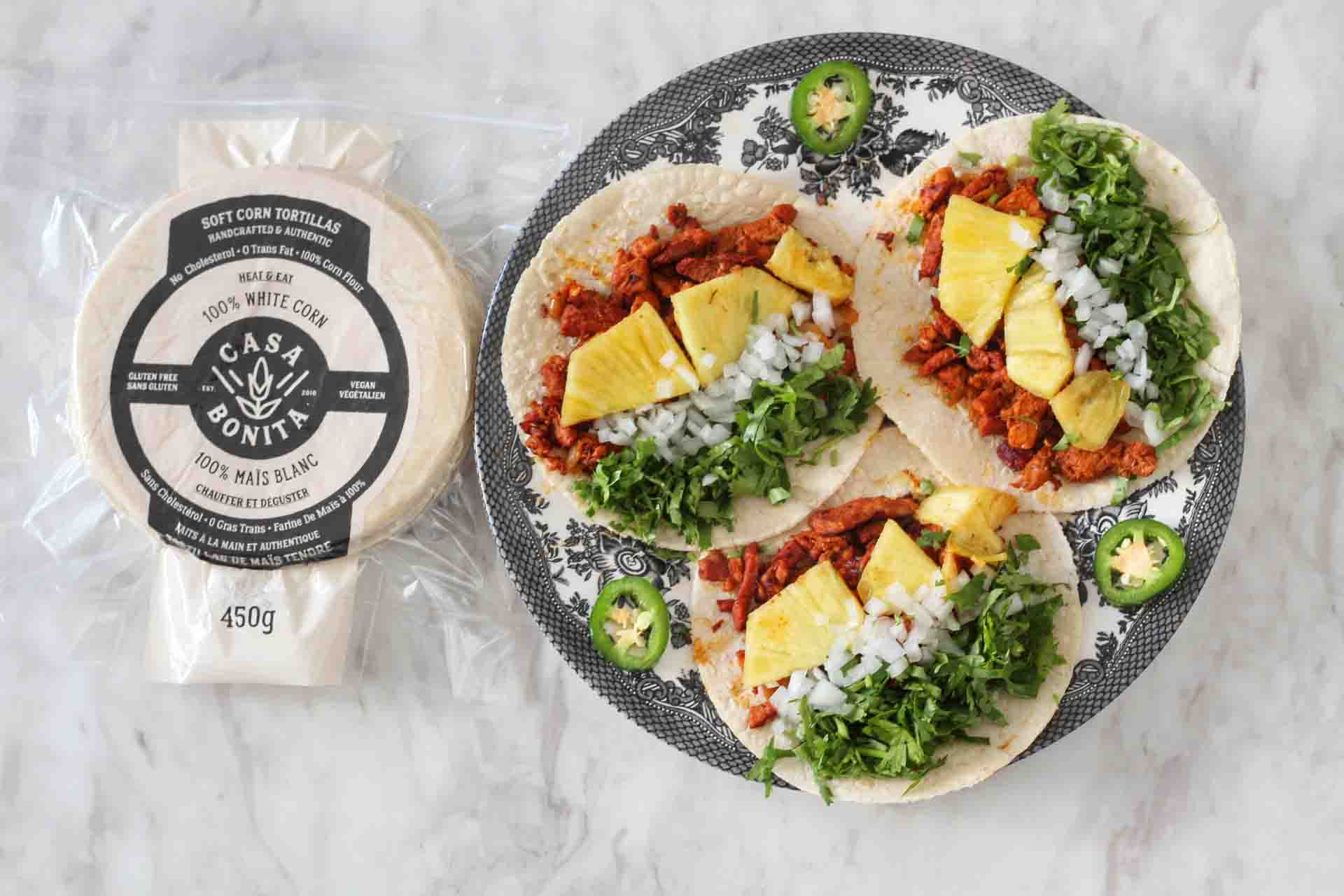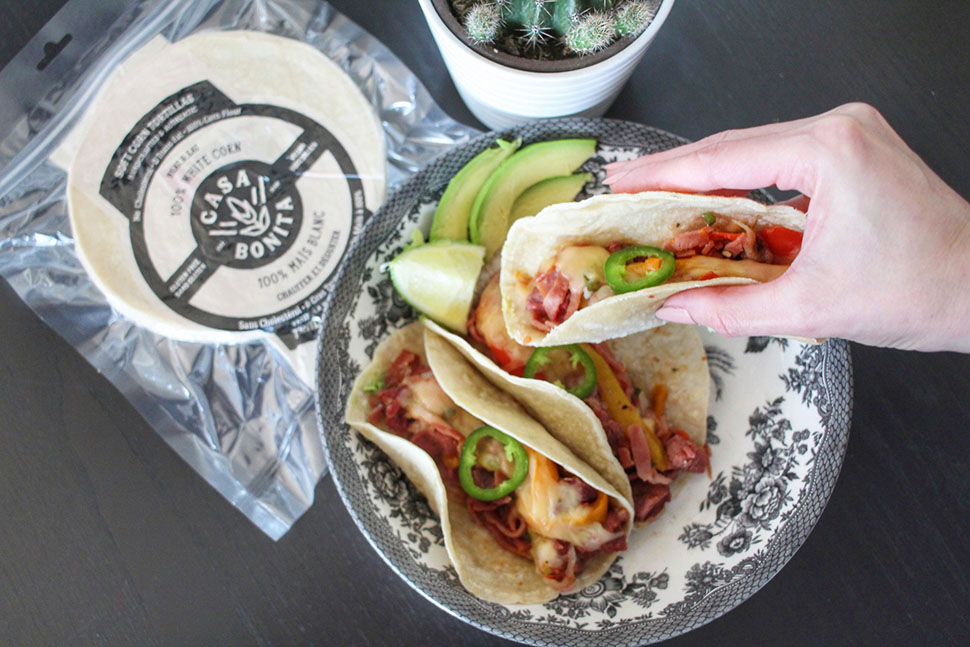
Introducing Casa Bonita Foods Taco Seasonings
At Casa Bonita Foods, we are delighted to introduce our newest line of products, the first one in 2025. This

The world has embraced the diverse and tantalizing flavours of Mexican cuisine, but within this culinary universe, two distinct experiences stand out: Tex-Mex and Authentic Mexican cuisine. In this post, we delve into the nuances that differentiate these two gastronomic delights, unravelling their origins, flavour profiles, and cultural significance.
Origins and Influences:
Tex-Mex cuisine has its roots in the borderlands of Texas and Mexico, emerging as a fusion of Texan and Mexican culinary traditions. Introduced by the Mexican-American residents of Texas, known as Tejanos, Tex-Mex reflects a harmonious blend of ingredients and techniques from both sides of the border. It is characterized by the use of yellow cheese, ground beef, and flour tortillas, setting it apart from traditional Mexican dishes.
In contrast, Authentic Mexican cuisine draws inspiration from the diverse regional flavours of Mexico. Each region boasts its unique culinary identity, with a variety of ingredients, cooking methods, and flavour profiles. The hallmark of traditional Mexican cooking lies in the use of corn-based tortillas, an array of chillies, and indigenous spices, showcasing the authenticity and richness of the country’s culinary heritage.
Flavor Profiles:
Tex-Mex cuisine is renowned for its bold and robust flavours, featuring generous helpings of spices, cheeses, and meats. Dishes like chili con carne, enchiladas with chili gravy, and the ever-popular nachos exemplify the savory and indulgent palette of Tex-Mex. The flavour profile leans towards a hearty and occasionally spicy experience, catering to those with a penchant for bold tastes.
Authentic Mexican dishes, on the other hand, offer a more nuanced and diverse flavour experience. From the tangy and spicy notes of mole poblano to the refreshing flavours of ceviche, Mexican cuisine showcases a wide spectrum of tastes. The use of native ingredients such as nopales (cactus), epazote, and a variety of chilli peppers contributes to the complexity and depth of flavours, creating a culinary journey that is both diverse and authentic.
Cultural Significance:
Tex-Mex cuisine has evolved into a staple in American dining, representing a fusion of cultures and tastes. It has developed into a distinctive culinary identity that transcends regional borders, often associated with hearty portions, communal dining, and a festive atmosphere, making it a popular choice for social gatherings.
In contrast, Authentic Mexican food remains deeply rooted in Mexican culture and traditions. Meals are regarded as opportunities for family and community bonding, often involving time-honoured techniques passed down through generations. The preparation of dishes preserves the authenticity and cultural significance of each recipe, contributing to a more profound and culturally rich dining experience.
While Tex-Mex and Authentic Mexican cuisine share common roots, their unique characteristics offer distinct culinary journeys. Tex-Mex tantalizes the taste buds with a vibrant fusion of Texan and Mexican influences, perfect for those who savour bold and hearty flavours. Authentic Mexican food, with its regional diversity and emphasis on fresh, local ingredients, provides a more nuanced and culturally rich dining experience. Both culinary traditions contribute to the global tapestry of gastronomy, inviting enthusiasts to savour the unique flavours and cultural stories embedded in each dish.

At Casa Bonita Foods, we are delighted to introduce our newest line of products, the first one in 2025. This

Cinco de Mayo (May 5th) is tomorrow, and we want you to be prepared for this year. In the last